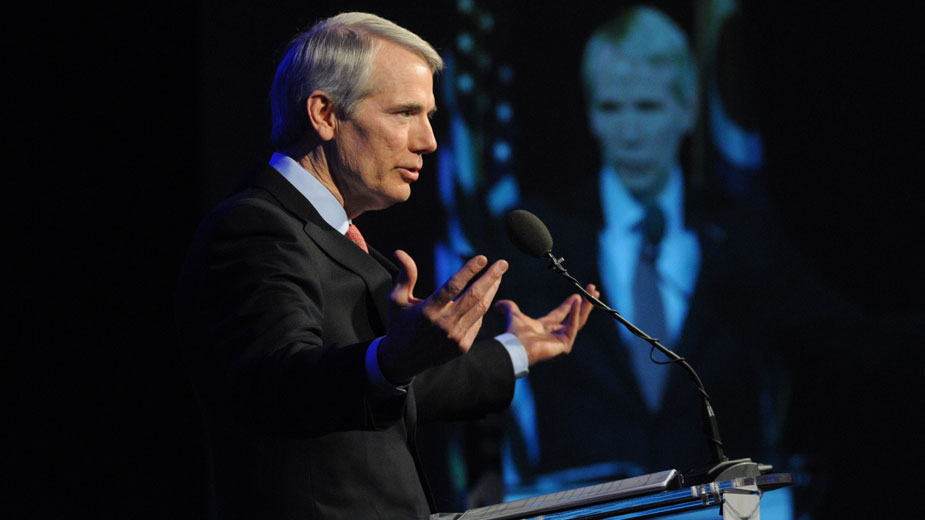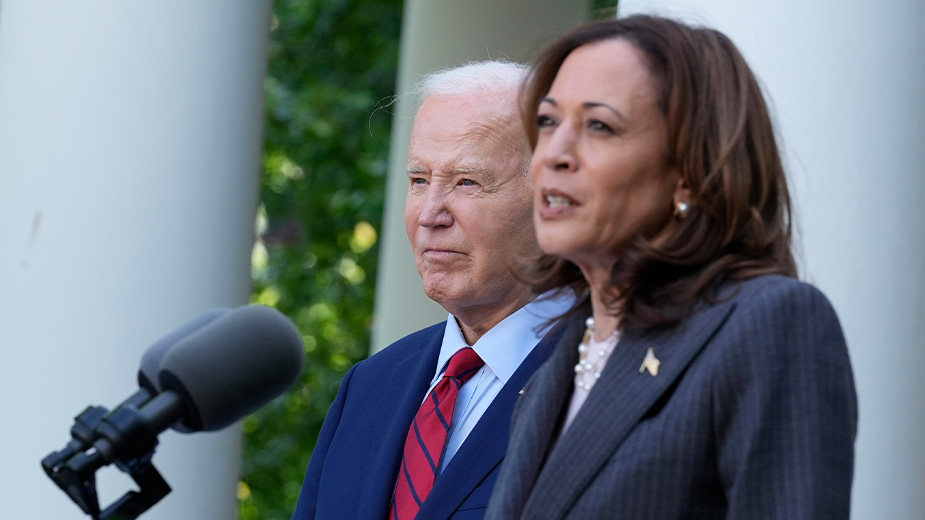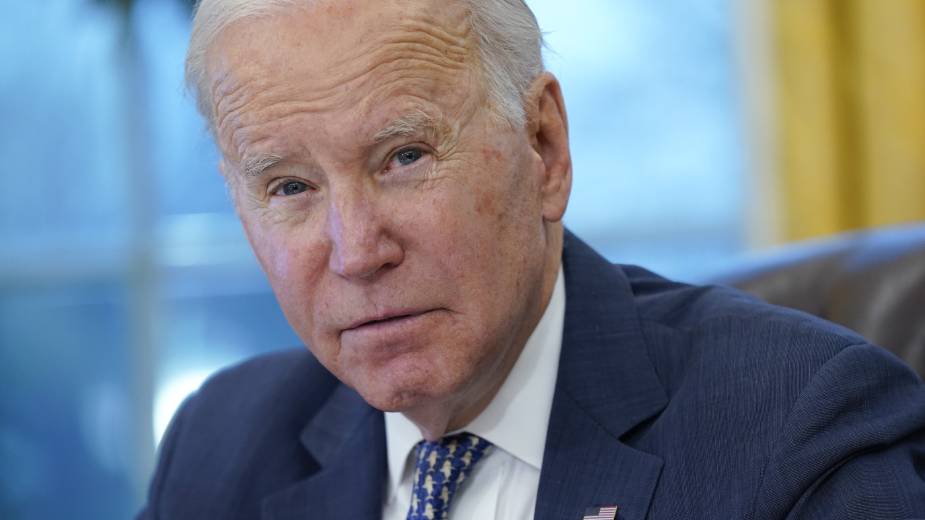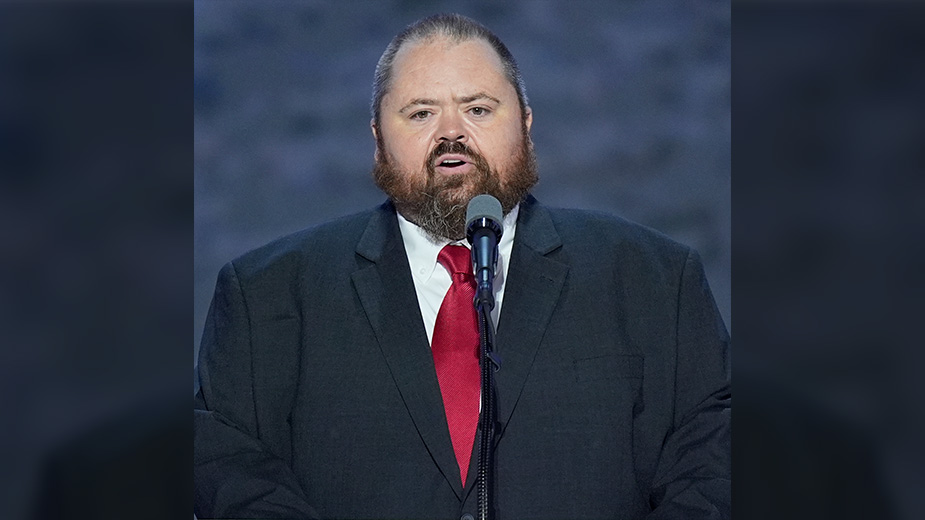Portman Reflects on Senate Career
YOUNGSTOWN, Ohio – U.S. Sen. Rob Portman credited Republicans’ greater willingness to address issues important to workers in part with his party’s increasing successes in Mahoning Valley elections.
However, he still views Ohio as a swing state, he said as he reflected on his two terms in the Senate during a phone interview.
Portman, a Cincinnati area Republican, was elected to the Senate in 2010 to the seat being vacated by the late George Voinovich. He announced in January 2021 that he would not seek a third term. Venture capitalist and author J.D. Vance, who won the GOP nomination for the seat after securing the endorsement of former President Donald Trump, defeated U.S. Rep. Tim Ryan, D-13 Ohio, in last month’s general election.
Vance’s road to victory included winning Mahoning and Trumbull counties, traditional Democratic strongholds that Ryan had represented for years but have voted increasingly Republican in recent election cycles. Statewide, Republicans dominate most elected offices except for the U.S. Senate seat now held by Democrat Sherrod Brown.
“Ohio is still considered a state that is not red or blue but purple. But it’s starting to turn more red,” Portman said. “But it’s independent voters who make the decision in Ohio – always have – and these independent voters don’t consider themselves partisans. They tend to vote for the person and that’s why you see these swings.”
As far as the Mahoning Valley itself, although voters tended to support Democrats historically, at the same time they tended to be “pretty conservative,” he continued.
Also, when he visits local plants and meets with workers, Portman – author of what is known as the “Leveling the Playing Field Act” — said he talks with them about trade issues. One of the “big shifts” within the Republican Party is understanding the importance of providing a level playing field to workers, particularly when it comes to China, he said.
“That’s a different policy position than many Republicans took,” he said. “That explains some of the success in the Mahoning Valley, where you’ve got a lot of heavy industry and a lot of workers who were getting the short end of the stick based on our trade policy.”
Portman said much of the impact he has had locally involved showing up to learn what local priorities are and working to help accomplish those objectives. In some cases, that has led to some “pretty big successes.”
Among those was the award in 2018 of $10.8 million from the U.S Department of Transportation’s Build program for an upgrade of downtown Youngstown streets that also will involve implementation of an autonomous shuttle service. Portman said he engaged directly with then-Transportation Secretary Elaine Chao to encourage the award of the funds to Youngstown.
That grant for for what is known as Youngstown’s Smart2 Network was among several examples of funds Portman was “instrumental” in securing for local projects from various federal agencies, Jim Kinnick said. Kinnick is executive director of Eastgate Regional Council of Governments, which led the successful application for the Smart2 project.
The grant led to $25 million in investment in downtown Youngstown’s revitalization, dam removal funds for the Mahoning River, construction of the Excellence Training Center on the Youngstown State University campus and other economic development projects throughout the region, Kinnick said.
“I don’t think we would have had a project without Senator Portman,” affirmed Guy Coviello, president and CEO of the Youngstown/Warren Regional Chamber, another partner in the Smart2 project. “He leveraged his relationship with the transportation secretary, helped us coordinate bipartisan support and pushed our application every step of the way.”
Kinnick also cited Portman’s work to help write and secure passage of the Bipartisan infrastructure Law, which will provide necessary resourses to address road and bridge deficiencies and upgrade aging infrastructure.
Coveillo described Portman as “an unwavering champion for the Youngstown Air Reserve Station,” the Valley’s second largest employer, helping secure tens of millions in federal dollars. Over the past eight years, the impact of YARS has grown from less than $90 million annually to more than $150 million annually.
In recent years, that has included $8.7 million in 2021 to widen the base assault runway, $8.8 million in 2018 to update its main gate and $9.4 million in 2015 to upgrade its indoor firing range.
“We are always concerned about what might happen if we don’t continue to improve it,” Portman said.
Portman said he was willing from the beginning of terms to call company CEOs and encourage them to make investments in the area.
“Some [efforts] have worked better than others,” he acknowledged. Efforts to lobby General Motors CEO Mary Barra to maintain car production at its Lordstown Complex were unsuccessful, although the automaker eventually partnered with LG Chem on siting an Ultium Cells plant to manufacture batteries on property adjacent to the Lordstown plant.
“In general, whenever our members encountered problems with the federal government, he and his staff were most effective at helping our businesses navigate through the system,” Coviello said.
“His availability, whether in Washington, D.C. or the Mahoning Valley, was second to none,” Kinnick added.
During his two terms in the Senate, Portman said he was proud of his efforts in three general areas. One was promoting economic growth by working on regulations, permitting and tax reform.
The second was the infrastructure bill, provisions of which include a more than 50% increase in money available for the program previously known as Build, which should increase the odds of funding for the Lordstown smart logistics hub, he said.
The third was what he described as “a combination of things to help people,” ranging from assistance for individuals suffering from drug addiction to help for returning citizens and addressing human trafficking.
Other initiatives he supported that he was pleased to see passed included the Chips and Science Act, which is intended to support the U.S. semiconductor industry. The legislation was important for national security as well as having a direct effect on Ohio because the $20 billion Intel project is being built near Columbus.
“That will spread around the state,” Portman said, as intel provides funds for training and research programs, including a partnership involving YSU.
On the day Portman was being interviewed, he was planning to attend the signing ceremony at the White House for the Respect for Marriage Act, which guarantees that states and the federal government recognize valid same-sex marriages. In 2011, Portman’s son, Will, came out to him and his wife. Portman described the law as “common sense legislation” that contained religious liberty protections so people would not be required to perform ceremonies that went against their religious beliefs.
“I’ve come to believe that this is not a choice. This is this is who people are in,” he said. “To ignore that is not consistent with at least my faith tradition.”
The legislation gives “people who are married in a same sex relationship the peace of mind that they need to know that their [financial or family] plans aren’t going to be unraveled,” he said.He acknowledged he was disappointed that only 12 of his Republican colleagues voted in favor of the bill. Several told him privately that they agreed with it and were happy to have the issue resolved.
“By the way, most Americans believe that the issue needed to be resolved. The substantial majority of Americans believe that same sex marriages should not be illegal. In fact, a majority of Republicans believe that based on the polling,” Portman continued. “So the country has kind of moved on on this issue.”
As a senator, Portman saw about 200 bills he authored or co-authored be signed into law, a record that “means that you are willing to work on a bipartisan basis,” he said.
“Our style is to reach out across the aisle and work with the other side,” he said.
Ohio’s senior senator, Democrat Brown, said he has been privileged to work alongside Portman the past 12 years.
“We’ve worked together to find common ground and serve the people of Ohio and the nation. Together, we secured the strongest Buy America requirements ever and continued Ohio’s bipartisan tradition of identifying the best candidates to serve Ohio as judges, U.S. marshals and U.S. attorneys,” Brown said. “I’m grateful we were able to choose partnership over partisanship, working together closely on issue after issue to deliver for Ohioans — and we’ve been able to get a lot done.”
Warren native George Brown, executive director of the Ohio Oil and Gas Energy Education Program and a former Portman aide, recalled meeting Portman at the annual McKinley dinner in Niles in 2005, not long before Portman would be appointed director of the Office of Budget and Management in Washington. What has impressed him is that Portman never forgot the Mahonoing Valley.
“He took the time to learn about the challenges of our area, and would always go to work to better the lives of the people in the Valley,” he said. “He was committed to jobs and economic development for the valley. He is a champion for the airbase, for manufacturing, for national policies that supported jobs and valley workers.
“He also understands the importance that education plays in lifting up communities and empowering people to live their God-given potential,” he added.
Portman said he has spoken with Vance, his successor, who he believes will do a good job representing the state.
“He wants to be an independent voice for Ohio,” he said. “He wants to focus on getting things done that helps Ohio.”
Earlier in the year, Vance said he believed the 2020 election was stolen from former President Donald Trump, a position that Portman said he did not hear the candidate talk about during the campaign. He said voters cast their ballots for him because of his stances on inflation, the economy, public safety and the southern border.
“That’s where he got his mandate,” he said. “Looking back to 2020, I think, is not what people want to do. I think they want to know that you’re focused on the challenges we’re facing right now with this out-of-control inflation, and that you’ve got a plan for the future, and that’s what I heard him talking about on the campaign trail.”
Portman acknowledged leaving with some disappointments in two key areas: the federal debt and budget deficit, and immigration.
“I do think it’s a problem that government overspends, and that particularly with regard to the important but unsustainable entitlement programs, we’re going to have to take some bipartisan action,” he said.
He also called what was happening at the southern border “outrageous,” and called for a “common sense approach” to stop the flow of people and drugs into the United States.
“I’m not against immigration, I just think it ought to be done through legal and proper channels,” he said.
Other than returning to Ohio, the outgoing senator – who also previously served as a congressman and as U.S. trade representative – Portman has made no definite plans for his post-government life.
“I’m going to wait and make my decision after the first year.”
Copyright 2024 The Business Journal, Youngstown, Ohio.



